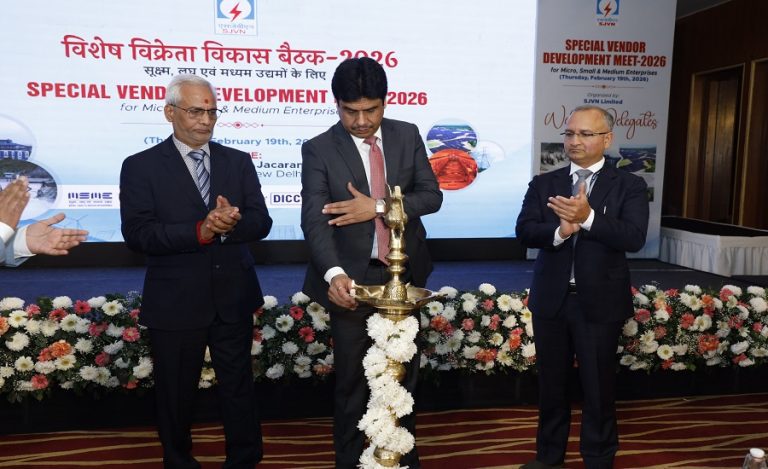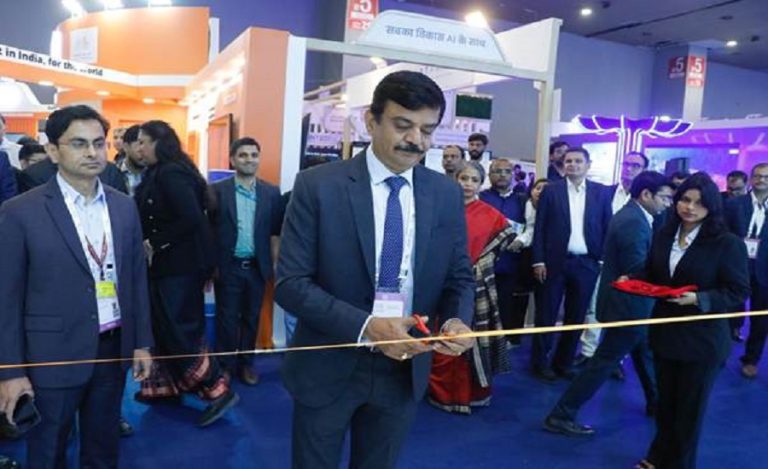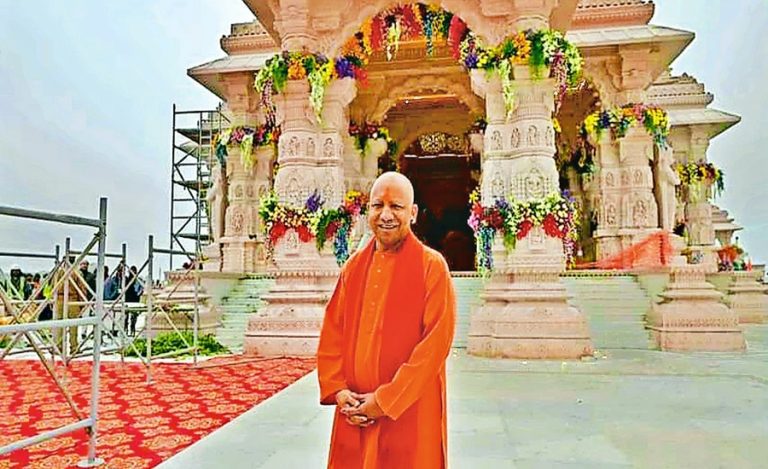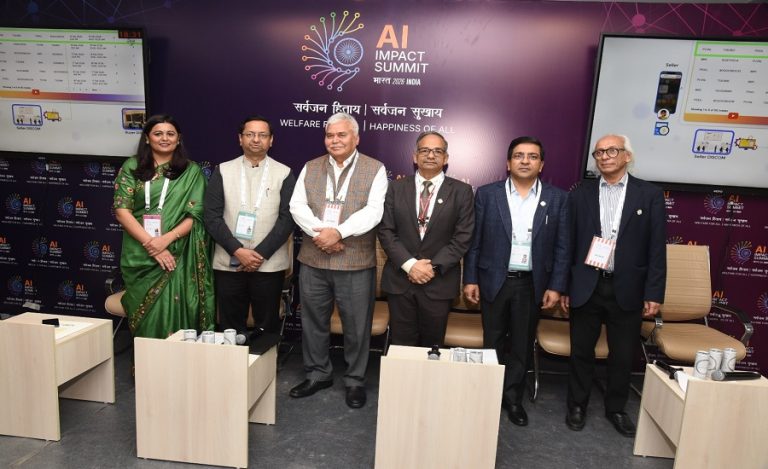Chhattisgarh will soon adopt the Police Commissioner system, beginning with the state capital Raipur. Chief Minister Mr. Vishnu Deo Sai announced the decision on Independence Day, marking a major administrative reform aimed at strengthening law and order in the state.
Also Read: Gujarat to Launch Regional Vibrant Summits for Inclusive Industrial Growth, Says CM Bhupendra Patel
A Step Towards Stronger Policing
The commissioner system, already in place in several major Indian cities, is designed to give the police greater authority and flexibility in decision-making. With this system, senior police officers will be empowered under the Code of Criminal Procedure to take direct action in cases of crime, public order, and emergencies. This move is expected to ensure faster responses, greater accountability, and more effective crime prevention.
Officials indicated that the initial setup in Raipur is nearly complete, with discussions about the system ongoing for several years. The state cabinet took up the matter soon after Mr. Sai’s government came to power, and work on the project was accelerated. After Raipur, the system is expected to be extended to other large cities like Bilaspur and Durg, where the population exceeds 10 lakh.
Administrative Structure Under the New System
As part of the framework, one senior officer of the rank of Inspector General (IG) will serve as the Police Commissioner. They will be supported by 2 to 3 Additional Police Commissioners in the rank of Deputy Inspector General (DIG) or Senior Superintendent of Police (SSP). The structure will also include 7 Deputy Commissioners of Police (ASPs), around 16 to 17 Deputy Superintendents of Police (DSPs), along with 10 Inspectors and 25 Sub-Inspectors/Assistant Sub-Inspectors.
In this system, the powers that traditionally rested with the District Collector in matters of law and order will now lie directly with the Police Commissioner. This transfer of authority is expected to reduce delays and allow cases to be addressed promptly at the police level.
Key Benefits for Citizens
The Police Commissioner system is expected to bring multiple benefits to urban governance. The police will gain authority to issue arms licenses, permits for hotels, bars, and protests, and take direct action during riots or land disputes. Commissioners will also have powers similar to magistrates, enabling them to issue restrictive orders when required.
The city will be divided into zones, each headed by a Deputy Commissioner of Police, ensuring better supervision and accountability. Senior IPS officers of Additional Director General (ADG) rank will serve as Commissioners, ensuring experienced leadership at the helm.
The decision reflects the state government’s commitment to modernizing policing and improving safety in fast-growing urban centers.
Also Read: Clear Regulations, Data Transparency & Accurate Billing Crucial for Smart Meter Success: CII Poll




























